Thyronorm Tablets 25mcg contain levothyroxine sodium, a synthetic thyroid hormone used in Pakistan to treat hypothyroidism, where the thyroid gland underproduces thyroxine. It helps restore energy levels, manage weight gain, and alleviate depression-like symptoms, common in iodine-deficient areas like northern Pakistan or among women post-pregnancy in cities such as Lahore and Karachi. Abbott Laboratories produces it for hormone replacement, available in bottles of 100 tablets, priced around Rs. 150-200 per bottle, prescription-only, and regulated by DRAP for quality in thyroid management.
How It Functions
Levothyroxine mimics natural thyroxine (T4), converting to triiodothyronine (T3) in tissues to regulate metabolism, energy use, and growth. It binds to thyroid hormone receptors, influencing gene expression for protein synthesis and cell differentiation. Chemically, it’s sodium (S)-2-amino-3-[4-(4-hydroxy-3,5-diiodophenoxy)-3,5-diiodophenyl]propanoate monohydrate. Effects build over 1-3 weeks, with steady state in 4-6 weeks, requiring blood tests to adjust dose.
Dosage Information
Adults: Start at 25-50mcg daily, increasing by 25mcg every 2-4 weeks based on TSH levels, up to 100-200mcg maintenance. For 25mcg tablets, take 1-2 daily on an empty stomach, 30-60 minutes before breakfast. Elderly or heart patients start lower (12.5-25mcg). Children: Weight-based, e.g., 4-5mcg/kg/day for hypothyroidism. Swallow whole with water; do not crush. Monitor thyroid function every 6-8 weeks initially; lifelong therapy often needed.
Side Effects
- Very Common (>1 in 10): Palpitations, tachycardia, tremors, insomnia, headache, flushing, weight loss, sweating, menstrual irregularities.
- Common (up to 1 in 10): Anginal pain, arrhythmias, muscle cramps, diarrhea, vomiting, excitability, restlessness, rash, itching, edema, heat intolerance.
- Rare: Transient hair loss in children, pseudotumor cerebri (increased intracranial pressure), severe allergic reactions.
Drug Interactions
Levothyroxine may interact with:
- Anticoagulants (e.g., warfarin): Increases bleeding risk.
- Cholestyramine, antacids: Reduces absorption; space 4 hours apart.
- Phenytoin, rifampicin, carbamazepine: Lowers levothyroxine levels.
- Insulin/antidiabetics: Raises blood sugar; adjust doses.
- Amiodarone, lithium: Alters thyroid function.
- Sucralfate, iron supplements: Impairs absorption.
- Sertraline, tyrosine kinase inhibitors: May require dose changes.
Indications
Approved for treating hypothyroidism, replacing thyroxine when the thyroid gland produces insufficient hormone, preventing symptoms like tiredness, weight gain, and depression.
When Not to Use
Avoid in:
- Hypersensitivity to levothyroxine or excipients.
- Untreated hyperthyroidism (thyrotoxicosis).
- Adrenal gland disorders (e.g., untreated Addison’s disease).
- Acute myocardial infarction or unstable angina.
Precautions
- Monitor TSH levels before starting and regularly (every 6-8 weeks) to avoid over/under-dosing.
- Use cautiously in heart disease (e.g., angina, high blood pressure); start low and increase slowly.
- Adjust doses in diabetes; monitor blood sugar as levothyroxine can raise levels.
- Elderly patients: Higher risk of osteoporosis or heart issues; use minimal effective dose.
- Avoid abrupt changes; taper if stopping.
- Buy from DRAP-registered pharmacies; check holograms to avoid counterfeits.
Warnings
- Heart problems: May worsen angina or arrhythmias; monitor blood pressure and ECG in cardiac patients.
- Overdose: Symptoms like rapid heartbeat or tremors require immediate care; can mimic hyperthyroidism.
- Bone loss: Long-term use may cause osteoporosis; monitor bone density in postmenopausal women.
- Adrenal insufficiency: Treat adrenal issues first to prevent crisis.
- Diabetes: Dose may need adjustment as metabolism increases.
Additional Notes
- Pregnancy Category: Consult physician; category A, essential for hypothyroidism but monitor TSH.
- Breastfeeding: Safe in moderation; minimal passage into milk, but monitor infant thyroid.
- Availability: Common in urban and rural pharmacies; generics like Thyrox available.
- Stability: Stable at room temperature; discard expired tablets.
- Reporting: Log batch for side effects; report to DRAP for quality control.
Doctor Review
Dr. Farah Siddiqui, an endocrinologist in Karachi, notes Thyronorm’s reliability for hypothyroidism management, helping with energy and weight issues in iodine-deficient populations. DRAP data supports its synthetic T4 role, but Dr. Siddiqui stresses regular TSH tests and heart monitoring, especially in elderly patients with common comorbidities in Pakistan.
Disclaimer
This is general product information, not a prescription or medical advice. Consult your doctor or pharmacist for personal guidance.

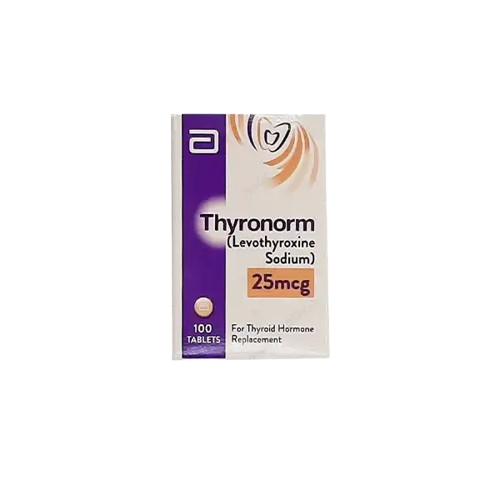
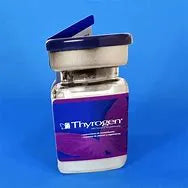
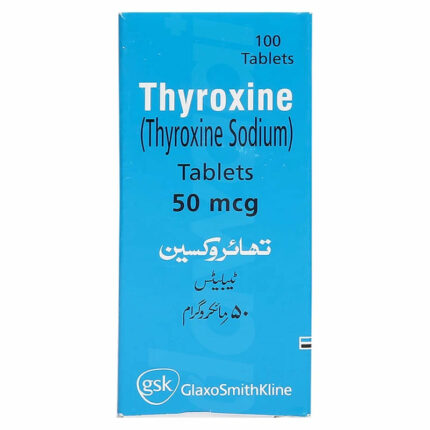
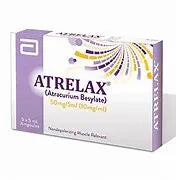
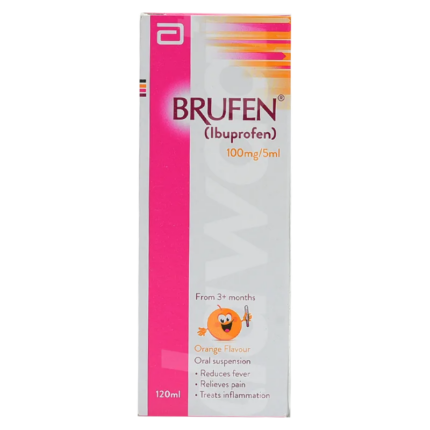
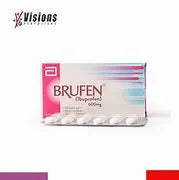

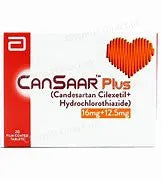
Reviews
There are no reviews yet.